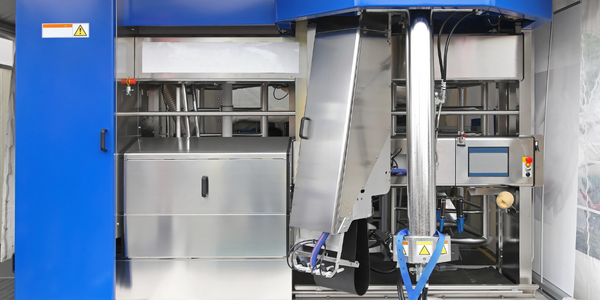技术
- 功能应用 - 库存管理系统
- 平台即服务 (PaaS) - 应用开发平台
适用行业
- 农业
适用功能
- 物流运输
- 采购
用例
- 库存管理
- 供应链可见性(SCV)
关于客户
Tony's Chocolonely 是一家荷兰巧克力公司,由 Teun van der Keuken 于 2005 年创立。该公司成立的使命是变革可可行业并消除儿童奴役。 Tony's Chocolonely 直接与加纳和科特迪瓦的农业合作社合作,旨在改善农民的生计并培训他们更好的农业实践。该公司致力于实现巧克力行业100%无奴隶,并利用技术确保其供应链的透明度和可追溯性。
挑战
Tony's Chocolonely 是一家巧克力公司,由荷兰记者 Teun van der Keuken 于 2005 年创立,其成立目的是改变可可行业并消除儿童奴役。创始人对可可行业中童工现象的普遍存在感到震惊,并决定创建一个巧克力品牌,致力于实现巧克力行业 100% 无奴隶。然而,挑战在于确保供应链的透明度和可追溯性。该公司选择直接与加纳和科特迪瓦的农业合作社合作,但需要一种方法来监控和确保可可豆的采购符合道德规范,且不涉及童工。该公司还旨在改善农民的生计并培训他们更好的农业实践。
解决方案
为了应对这些挑战,Tony's Chocolonely 实施了一种名为 BeanTracker 的技术解决方案,该解决方案采用 ChainPoint 技术构建。该平台可以收集从农民合作社到生产的数据,连接所有供应链参与者。数据每周输入一次,提供完全透明的“豆到棒”供应链。该平台使公司能够了解咖啡豆的来源、流向和数量,或“咖啡豆的去向”。 BeanTracker 平台根据 Tony's Chocolonely 的需求进行配置,包括沿可可供应链的数据收集、报告和分析、从农民合作社到生产商的可追溯性、记录浪费和损失的库存管理以及多租户、多语言等功能。和高级授权。
运营影响

Case Study missing?
Start adding your own!
Register with your work email and create a new case study profile for your business.
相关案例.
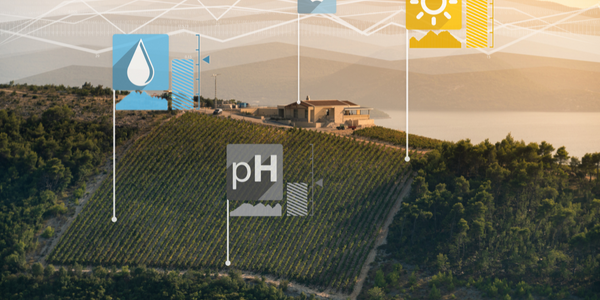
Case Study
Intelligent Farming with ThingWorx Analytics
Z Farms was facing three challenges: costly irrigation systems with water as a limited resource, narrow optimal ranges of soil moisture for growth with difficult maintenance and farm operators could not simply turn on irrigation systems like a faucet.
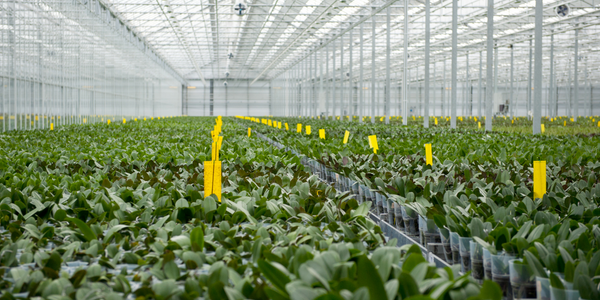
Case Study
Greenhouse Intelligent Monitoring and Control Solution
Farming Orchids is the most successful form of precision farming in Taiwan, and also the most exported flower. Orchids need a specific temperature and humidity conditions to grow and bloom, and its flowering time may not be in line with market demands, so the price collapses when there is overproduction. Therefore, some farmers began to import automated greenhouse control systems for breeding and forcing, which not only improves quality, but also effectively controls the production period and yield to ensure revenue. In 2012, an orchid farmer built a Forcing Greenhouse of about 200 pings (approximately 661 Square Meters) in Tainan, Taiwan. The system integrator adopted Advantech’s APAX-5000 series programmable automation controllers to build the control platform, coupled with Advantech WebAccess HMI/SCADA software, to achieve cloud monitoring. The staff of the orchid field can monitor important data anytime via smart phone, iPad, and other handheld devices, and control the growth and flowering conditions. System requirements: In the past, most environmental control systems of orchid greenhouses in Taiwan used PLCs (Programmable Logic Controller) with poorscalability and control, and could not be connected to the Internet formonitoring from the cloud. For advanced database analysis and networking capability, the PC platform must be adopted. Therefore, PAC Systems (Programmable Automation Controller) with both PLC programming capabilities andPC functions is a better choice.The environmental control of the Orchid greenhouse switches on and off devices like fan, shade net, cooling/heat pump, liquid flow control, water-cooling wall etc. It is controlled by a control panel of electric controllers, and is driven by a motor, to adjust the greenhouse temperature, humidity, and other environmental conditions to the set parameters.
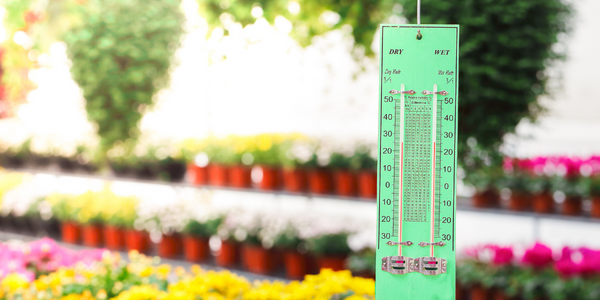
Case Study
Precision beekeeping with wireless temperature monitoring
Honeybees are insects of large economic value and provide a vital service to agriculture by pollinating a variety of crops. In addition, bees provide us with valuable products such as honey, beeswax, propolis, bee venom, etc. Monitoring of honeybee colony health, population, productivity, and environmental conditions affecting the colony health have always been exceedingly difficult tasks in apiculture. Research has shown that even small deviations (by more than 2°C) from the optimal temperatures have a significant influence on the development of the brood and the health of adult bees.
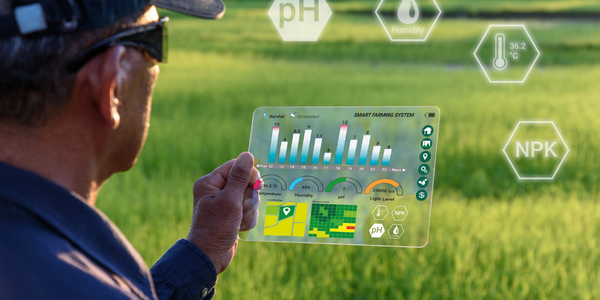
Case Study
Enabling Internet of Things Innovation in Agriculture
DigiBale, wanted to apply technology know-how and IP from implementations successfully to more agriculture sectors including cotton, forestry, sugarcane and cattle. However, farmers and growers still have worries about the connected technology.








